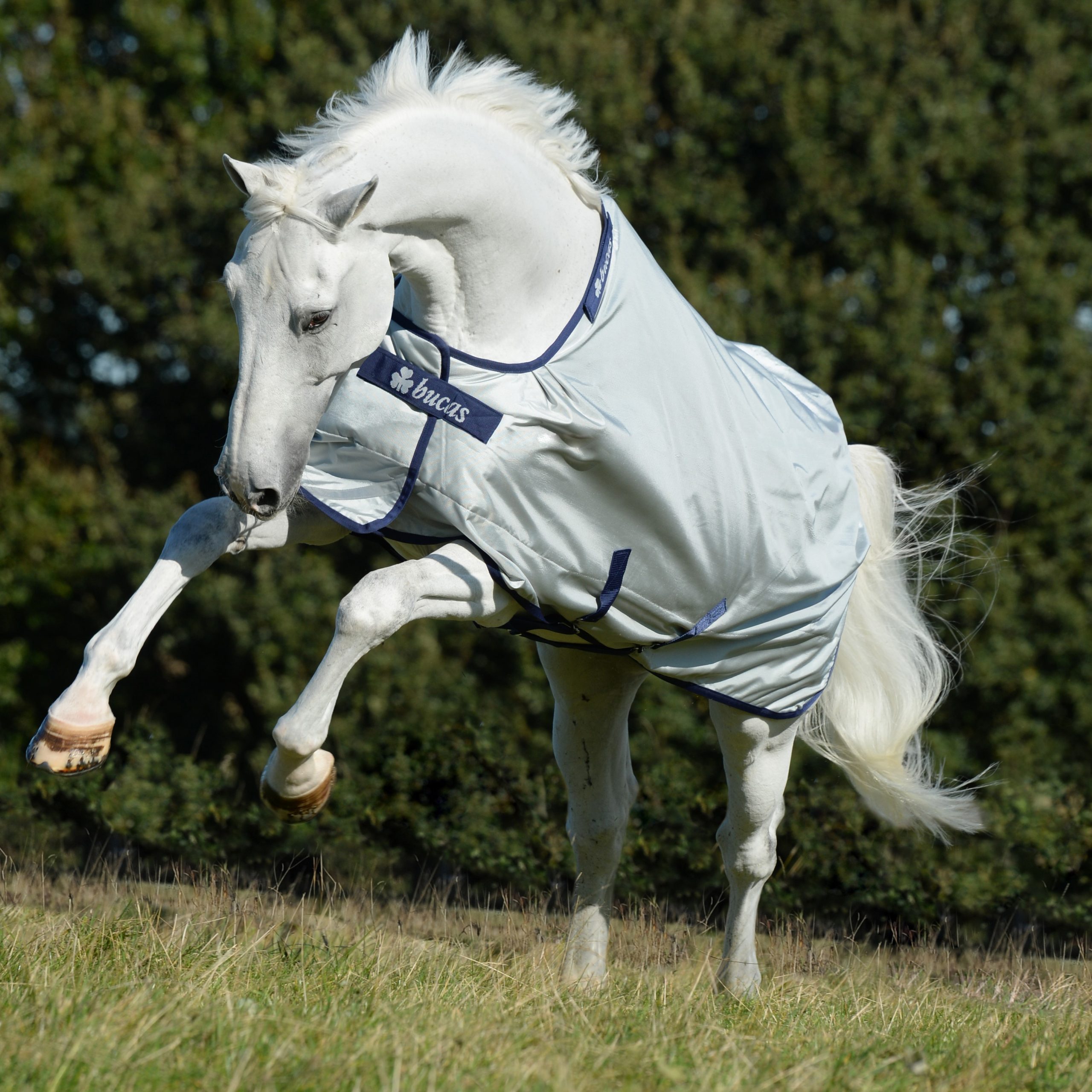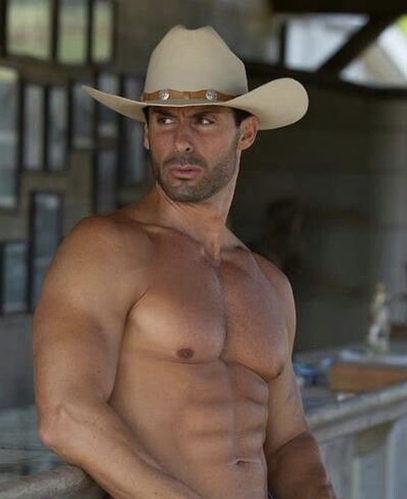I rent a block of stalls in a large insulated barn that the barn owner completely shuts up in the winter. Due to all the horses’ body heat, it on average stays about 20 degrees warmer in the barn than outside. Edit to add we are in New England so blanketing (outside at least) is a must for most of the winter.
I’m trying to figure out the best blanketing strategy for horses that go out all day (9+ hours) with no shelter and then come into this barn in the evening to make sure they are warm enough outside but don’t overheat in the barn. I unfortunately CAN’T be at the barn twice a day every day to change blankets AM and PM. I’m always there from about 3pm-10pm for a night check and able to come AM sometimes but it’s a lot for me to do both every day and the morning staff at the barn will not do blanket stuff. Also due to how warm the barn is, most of the horses haven’t grown full winter coats, just minor ones, so leaving them naked all the time isn’t an option.
Thanks for your advice!



